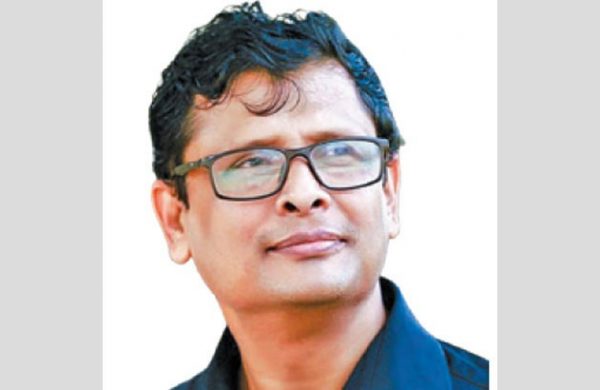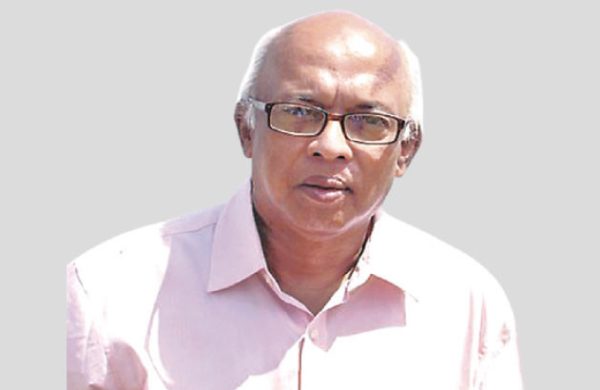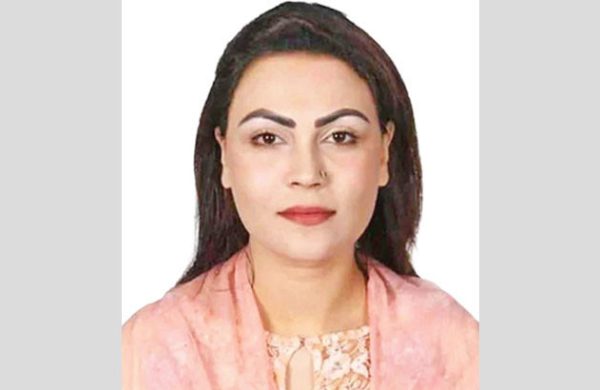How AI Can Ensure Democracy and Effective Governance
- Update Time : Saturday, September 14, 2024

–Dr Siddhartha Shankar Joarder–
At first, it may seem like a strange question that democracy and freedom of people can be ensured through artificial intelligence. Immediately it comes to mind as to how the function of AI guarantees effective governance to strengthen democracy and democratic environment. International Day of Democracy has been signified this year with the effective usage of AI for all nations. At home, its importance has increased as the people are now fighting to bring back inclusive democratic practices at all levels following the end of Awami League’s 15-year control over state organs. I suppose many people may have the same questions in their mind, how can we ensure a democratic value when almost all organs are now suffering critically? Upholding free speech, civil liberties, and the rule of law are the most essential factors in an environment to protect and promote human rights. United Nations this year stressed the importance of AI to promote democracy for all. But people of developing countries like ours are not sure about how the function of AI can be ensured where most of the people don’t have a basic idea about it.
People don’t have a clear idea about the function of AI in political transparency and people’s reflection on it. In the West, this term and its actions are relatively old because Western countries are far ahead of us in using internet services. People’s sentiments and sensitivity are extremely touchy in fully democratic nations. In Japan, for example, Prime Minister Fumio Kishida declared that he would step down next month for failing to curb the rising living cost. And he urged the people to find an alternative to him. His important statement about political function is seriously encouraging. He said, “Politics cannot function without public trust” and also added that “I made this heavy decision thinking of the public, with the strong will to push political reform forward.” This is what people think about democracy in democratically rich nations.
The picture is terribly shocking to countries like ours. In our country people are completely ignorant about the function of democracy, institutions, processes, and the way of their opinion on the contending candidates in the election. In the traditional electoral system of our country people don’t have much space to know about the candidates. They have very limited scope to interact with them. Moreover, if people don’t find any suitable candidates in the election, they don’t have the option to vote for “no candidate.” For good governance it is also imperative to let the candidates know, how people react to their personal image!
Good governance is usually defined to be a factor of a democratic society or an organisation we maintain. It is conceived as the core of the administrative process. Good governance thus is very much essential for building trust between citizens and the state. Lacking trust in people’s activism may have a fatal subsequence. The recent political development of Bangladesh could be a typical case of socio-political degradation.
Now, the question of AI may have two separate answers: AI in democratic functions and democratisation of AI. These two things are intimately related. The first one is about democracy in the country and the second is about democracy in AI. People should believe that a truly functional democratic nation could only be automatised if people’s minds are really made of democracy.
AI automation in the present day has multiple purposes to solve complex problems in the rapidly changing world, for example, decision-making, public safety, improving resource management, personalised education, predictive analytics, customer support, health facilities, and administrative efficiency. Besides, AI can be the best tool in the policy making process and generate value.
Undoubtedly, a comprehensive overhaul is needed to allow it to function properly. A comprehensive reform in society and politics can be a good solution to it. People don’t think that a change in a group of people can change their fortunes. Professor Muhammad Yunus, Chief Adviser to the government has obviously been in a gigantic task to bring back people’s confidence in public ownership, accountability and welfare. In carrying out national reforms, he made some initiatives to stop the re-emergence of authoritarian rule in Bangladesh. In his address to the nation, a couple of days back, the Nobel laureate categorised some essential sectors to reform in which the electoral system, judicial system, public administration, police administration and anti-corruption drive are on the agenda.
In democracy, the election system and transparency in the electoral process are the most crucial factors among all these agenda, because the democratic process solely depends on the rulers’ will and their sincerity to the public functions. However, a fair election never guarantees democracy by any means. An elected government, even though elected fairly, may be impassionedly undemocratic.
One of many dangers in functioning AI is “left unchecking” in the case of public desire. Civil liberties and freedom of expression have often appeared to be the biggest threat to democracy, peace and stability. UNESCO warns about the possible threat to that kind and recommends ethics on artificial intelligence. As a result, inclusive social justice and dissemination of democratic values can ensure good governance in all countries and, of course, we are not out of it!
_____________________________________
The writer is Professor, Jagannath University, Dhaka



















